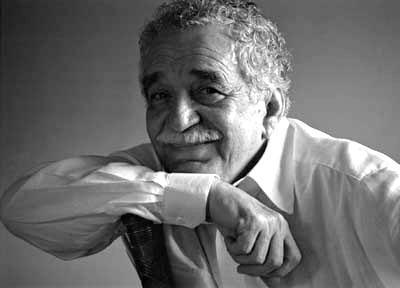By SOFIA ORTEGA
“Say yes, even if you are dying of fear, even if you are going to repent, because anyway you will regret a lifetime if you say no”. These were the wise words of the Nobel Prize-winning author Gabriel García Márquez who died yesterday, April 17, at age 87.

Marquez was admitted to a hospital in Mexico City early this month for a pulmonary and urinary infection. After nine days of treatment, Márquez was released in a delicate state and died shortly after.
Only the millions of followers that read his books understand why today the world of literature is dressed in black. Márquez is considered the most significant author of this century in the Spanish literature.
Marquez with his two Nobel Prize winning books “Love in the Time of Cholera” and “One hundred Years of Solitude, was able to trap his readers and immerse them in what he calls the “magical realism”. He was able to express the reality with a spark of magic, making his characters perceive the mystic as something normal.
Even the greatest poets like Pablo Neruda, consider Márquez’s Nobel Prize winning book “One hundred Years of Solitude” the “greatest revelation in the Spanish language since the Don Quixote of Cervantes.”
From the many books of Spanish literature that I have read, few have left me with such a remarkable message as “One hundred Years of Solitude”. We should live life as if it is our last day on earth; each moment is valuable and leaves us something to learn. It is up to us if we want to live joyful or lonely.
